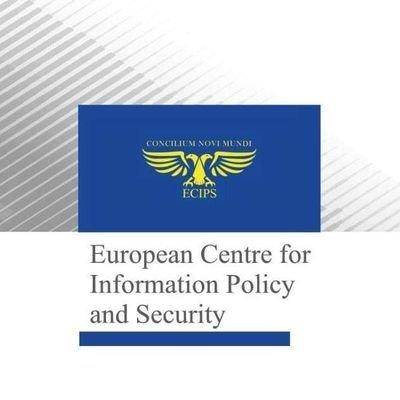Today, I had the honor of presenting a critical initiative that aims to address one of the most pressing issues of our digital age: the integrity of information. We introduced the CYBERPOL Global Principles for Information Integrity, a framework designed to cultivate a more humane and trustworthy information ecosystem.
These six principles, grounded in human rights, were developed through extensive consultations with a diverse array of stakeholders, including countries, youth leaders, academia, civil society, the private sector, including tech companies, and the media. They represent a collective vision for a better digital future:
Societal Trust and Resilience:
Building a society that can withstand and recover from misinformation and disinformation is essential. This principle emphasizes the need for robust systems and educated citizens who can discern truth from falsehood.
Healthy Incentives:
Creating incentives for accurate information and disincentives for misinformation is crucial. This includes promoting ethical standards in journalism and content creation and ensuring that platforms reward truthfulness over sensationalism.
Public Empowerment:
Empowering individuals with the tools and knowledge to critically evaluate information is a cornerstone of these principles. Education and digital literacy are vital in enabling people to navigate the complex information landscape.
Independent, Free, and Pluralistic Media:
A diverse and independent media landscape is fundamental to a healthy democracy. This principle supports media freedom and pluralism, ensuring that multiple perspectives are available and heard.
Transparency and Research:
Promoting transparency in how information is produced and disseminated, as well as encouraging ongoing research into the impacts of misinformation, are key components. This includes transparency from tech companies regarding their algorithms and data practices.
Ethical Use of Technology:
As technology evolves, its use must be guided by ethical considerations. This principle emphasizes the responsibility of developers and users to ensure that technological advancements contribute positively to the information ecosystem and do not exacerbate issues like misinformation and disinformation.
These principles are more than theoretical concepts; they are actionable guidelines that can steer us towards a more secure and truthful digital environment. As the President of CYBERPOL, I am committed to championing these principles and working collaboratively with all stakeholders to implement them effectively.
The Urgency of Addressing Information Integrity
The spread of hatred and lies online is causing grave harm to our world. Misinformation, disinformation, and hate speech are fueling prejudice and violence, exacerbating divisions and conflicts, demonizing minorities, and compromising the integrity of elections. Opaque algorithms push people into information bubbles, reinforcing prejudices including racism, misogyny, and discrimination of all kinds.
While threats to information integrity are not new, their proliferation and expansion at unprecedented speed in the digital age make our response more urgent than ever. It is imperative that we tackle these issues head-on to prevent further societal harm and to build a more just and equitable world.
The CYBERPOL Global Principles for Information Integrity provide a starting point for solutions. They are designed to foster a more humane information ecosystem that upholds societal trust, creates healthy incentives, empowers the public, supports independent media, and promotes transparency and ethical use of technology. By adhering to these principles, we can begin to restore the integrity of our information landscape and protect the fundamental rights of all individuals.
Ricardo Baretzky
President of CYBERPOL
June 24, 2024






Leave a Reply